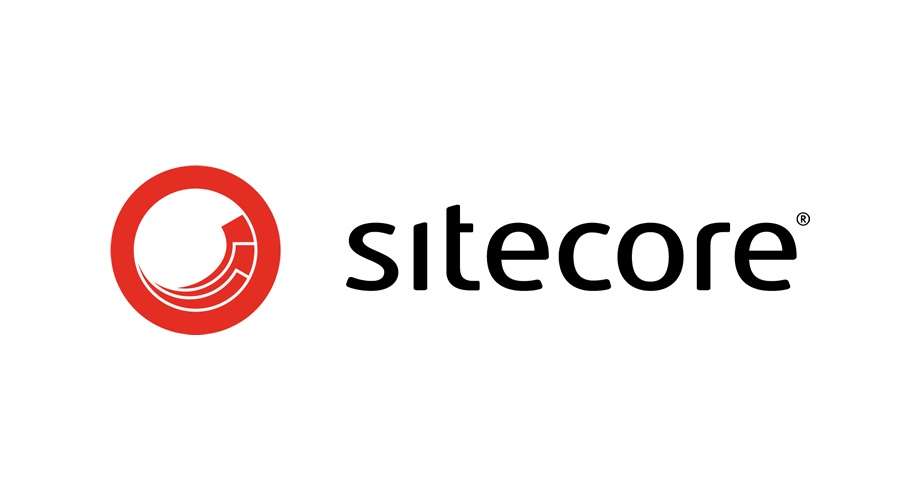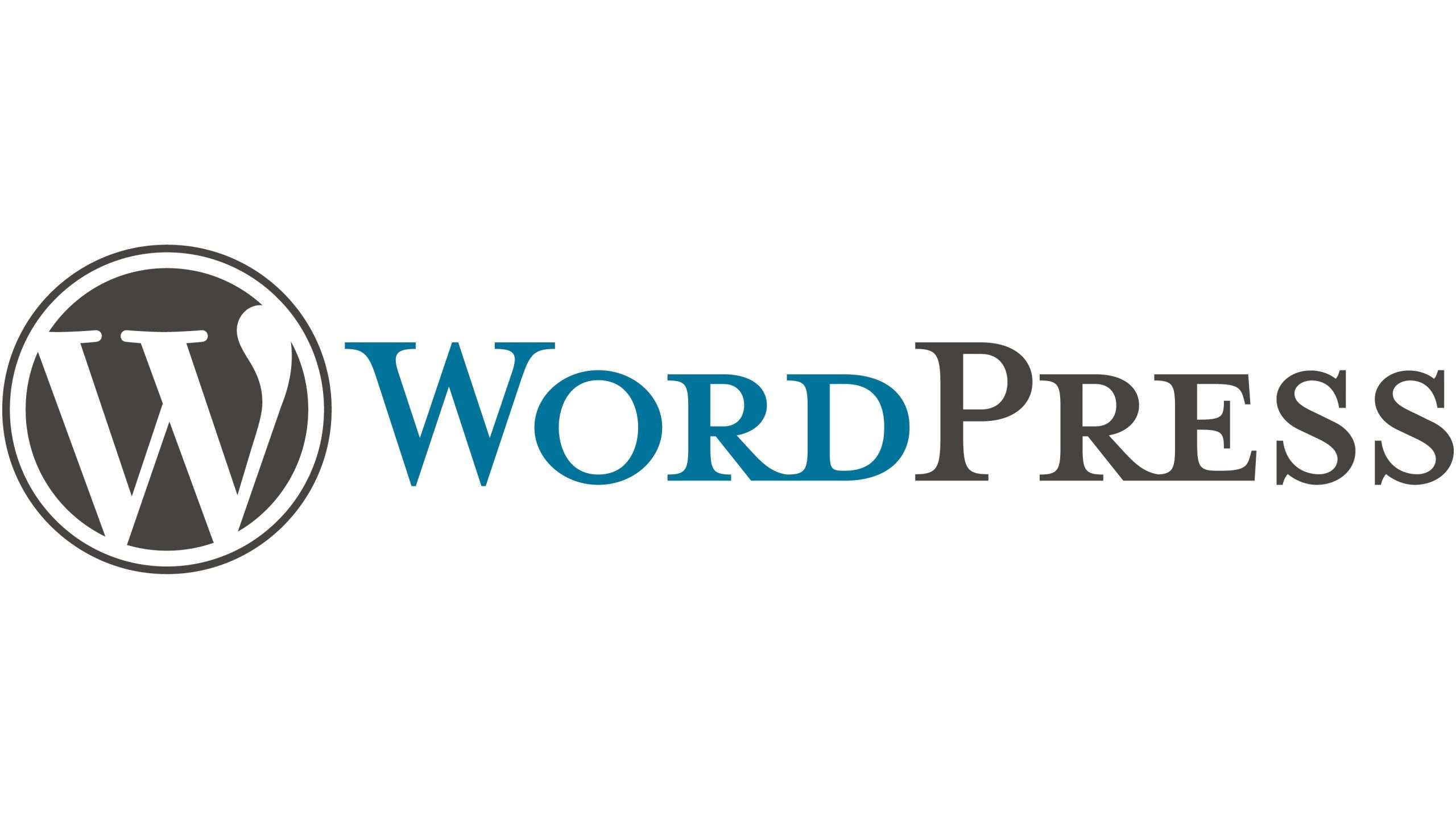Choosing the right platform for your website is crucial to its success. With so many options available, it can be overwhelming to determine which one will best suit your needs. Two popular platforms that are often compared are Sitecore and WordPress. Both have their benefits and limitations, but ultimately the decision comes down to what you require from your website.
Sitecore is a powerful enterprise-level content management system (CMS) used by large organizations with complex websites. It offers features such as personalization, marketing automation, e-commerce integration, and analytics capabilities. On the other hand, WordPress is an open-source CMS that caters to a wide range of users from bloggers to small businesses.
Comparison of Sitecore and WordPress
Sitecore and WordPress are two of the most popular content management systems (CMS) used for website development. While both platforms offer unique features and benefits, they cater to different types of users and organizations. Sitecore is an enterprise-level CMS that is built for large-scale, complex websites with high traffic volumes. It offers advanced personalization capabilities, marketing automation tools, and integration with other enterprise applications. On the other hand, WordPress is a user-friendly CMS that can be easily customized for any type of website, from small blogs to e-commerce stores. It has a vast library of plugins and themes that allow users to add functionality and design elements without coding.
One key difference between Sitecore and WordPress is their approach to content management. Sitecore relies on a structured data model that allows developers to create custom templates, fields, and components for each type of content. This enables marketers to deliver personalized experiences based on different audience segments or stages in the customer journey. In contrast, WordPress uses a more flexible approach where all content is stored as posts or pages with standardized fields such as title, body text, author name etc.
Another important factor to consider when choosing between Sitecore and WordPress is their scalability and performance capabilities. Sitecore has been designed specifically for high-traffic sites with multiple servers running in parallel; this makes it ideal for organizations that need fast response times even when dealing with millions of users simultaneously accessing the site at once!

Overview of Sitecore: Features and Benefits
Sitecore is a powerful digital experience platform that offers robust features and benefits for businesses looking to create engaging and personalized experiences for their customers. Its content management system (CMS) allows users to easily manage and publish content across multiple channels, while its marketing automation tools enable users to target specific audiences with relevant messaging and content.
One of the most significant advantages of Sitecore is its ability to personalize the user experience based on individual behavior and preferences. This level of personalization can help businesses increase engagement, improve customer satisfaction, and ultimately drive conversions. Additionally, Sitecore’s extensive analytics capabilities provide valuable insights into user behavior, allowing businesses to optimize their digital strategies over time.
Overall, Sitecore offers a comprehensive set of features for businesses looking to create compelling digital experiences that connect with their audience on a deeper level. While it may require more technical expertise than some other platforms like WordPress, the benefits it provides in terms of personalization and data-driven decision-making make it an attractive choice for many organizations.

Overview of WordPress: Features and Benefits
WordPress is a popular content management system that powers over 40% of websites on the internet. It offers a range of features and benefits that make it an attractive choice for businesses looking to create a website. One of the key advantages of WordPress is its ease of use. The platform has a user-friendly interface that allows users to create, edit, and publish content without any technical knowledge.
Another benefit of WordPress is its flexibility. The platform has thousands of plugins and themes that can be used to customize the look and functionality of your website. This makes it easy to adapt your site to meet changing business needs or customer preferences.
Finally, WordPress is highly scalable, making it suitable for businesses of all sizes. Whether you’re launching a small blog or building an enterprise-level e-commerce site, WordPress can accommodate your needs. Its robust architecture ensures optimal performance even as traffic volumes grow, ensuring your website remains fast and responsive at all times.
Comparison of Sitecore vs WordPress: Pros and Cons
Sitecore and WordPress are two of the most popular CMS platforms available today. Sitecore is known for its enterprise-level capabilities, while WordPress is popular among smaller businesses and bloggers. When it comes to choosing between these two platforms, there are pros and cons to consider.
One advantage of Sitecore is its scalability. It can handle large amounts of content and traffic, making it a good choice for businesses with high-volume websites. Additionally, Sitecore has built-in personalization features that allow you to tailor your website’s content based on user behavior.
On the other hand, WordPress is more user-friendly and easier to set up than Sitecore. It also has a vast library of plugins that allow you to add functionality without needing any coding experience. However, WordPress may not be as robust as Sitecore when it comes to managing complex workflows or integrating with other systems.
Ultimately, the decision between Sitecore vs WordPress depends on your specific needs as a business or individual. If you require advanced personalization features or need a platform that can handle large volumes of traffic and content, then Sitecore may be the better choice. But if ease of use and flexibility are more important factors for you, then WordPress could be the way to go.

Factors to Consider When Choosing a Platform
When choosing a platform for your website, there are several factors to consider. The first factor is the purpose of your website. If you need a simple blog or portfolio site, WordPress may be the best choice for you. However, if you need a more complex site with robust content management capabilities and personalized experiences, Sitecore may be the better option.
Another important factor to consider is scalability. Will your website need to handle large amounts of traffic or data in the future? Sitecore is known for its ability to handle enterprise-level sites with ease, while WordPress may struggle with larger websites.
Finally, it’s important to think about budget and resources. Sitecore is typically more expensive than WordPress and requires more technical expertise to set up and maintain. If you have a smaller budget or limited technical skills, WordPress may be the better choice.
Overall, when deciding between Sitecore vs WordPress, it’s crucial to consider your specific needs and goals for your website before making a decision.
Conclusion: Which Platform is Right for You?
In conclusion, the platform that’s right for you depends on your website goals, business needs, and budget. If you require a complex enterprise-level website with advanced personalization capabilities, Sitecore is an excellent choice. It offers robust features for marketers and content creators to manage their digital assets effectively. However, Sitecore can be quite expensive, and its learning curve is steep.
On the other hand, WordPress is an ideal platform if you want to create a simple yet functional website or blog quickly. It’s easy to use and comes with thousands of free themes and plugins that allow you to customize your site without coding skills. Moreover, WordPress has a large developer community that continuously updates its core files and plugins for better security and performance.
In summary, both Sitecore and WordPress have their strengths depending on what type of website you need. If you have a large budget and require advanced marketing automation tools for creating personalized experiences for your customers at scale – go with Sitecore. But if simplicity is more important than power or customization options are limited due to cost constraints- choose WordPress instead!






